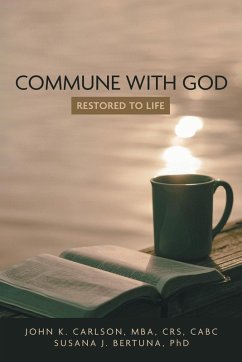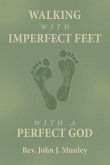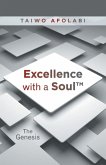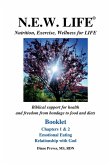The hidden true dialogue behind the birth ministry of Transformation to Recover does not start as a face-to-face communication nor as the strategic communication in the development of a ministry, but with the intrinsic testimony of John Carlson's one-on-one with God. John Carlson lived the raw experience coming from severe addiction, yet it was the very plan God had for him. He describes it this way "in order to break me down prideless to nothing to use me as a vessel to bring the light of the Gospel to the darkness of addiction." John Carlson describes his testimony as a descent into nothingness, of his own rebirth and transformation. Based on the MAPCID(c) model the recommendation to Transformation to Recovery is accentuated by a research study because of the great importance in providing an alternative option to prevent, as well as rehabilitate, individuals who have the potential to and/or engage in addiction vices. Recommending MAPCID(c) as a concept for the background workings and foundation for the analysis of potential conflict in development is appropriate, as well using it as a research tool for the publishing of a book, compiling a manual, and creating a pilot model to duplicate Transformation to Recovery. This leads to recreating faith-based rehabilitation programs to deal with the social crisis in communities throughout the United States and ultimately deterring crime, addiction, and recidivism. Therefore, the MAPCID(c) model is recommended as an interpretive, instrumental tool to be used as a basis for future research in developing community, faith-based rehabilitation programs.
Bitte wählen Sie Ihr Anliegen aus.
Rechnungen
Retourenschein anfordern
Bestellstatus
Storno








